SC hearing on review petition against riverbank settlement ruling
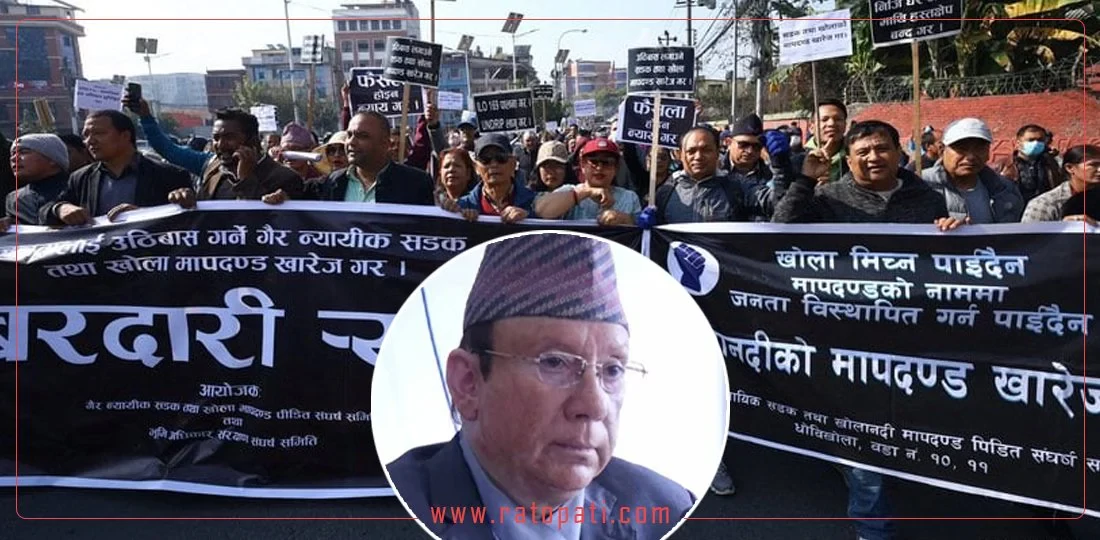
Kathmand, November 21 — Victims are protesting at Maitighar Mandala against the Supreme Court's decision, which orders leaving an additional 20 meters from the banks of rivers in the Kathmandu Valley for settlement areas. While the protest continues at Maitighar, a hearing on the review petition against the same decision is being held in a bench of the Chief Justice and two other justices.
The bench, led by Chief Justice Prakashman Singh Raut and Justices Kumar Chudal and Nityananda Pandey, is hearing the case. The Nepal government had filed the review petition against the decision on September 18 and 27.
The government argued that it is not feasible to implement the additional 20-meter setback, including the 20 meters along the Bagmati River, and that such a measure would cause significant economic loss to the state. The review petition was initially scheduled for a hearing but had been postponed as it was deemed "unviewable" at that time.
The petition has now been scheduled for a hearing on Thursday, with a new bench of the Chief Justice and two additional justices. The full bench, including the Chief Justice, has the case listed last (25th) for hearing.
What will the Supreme Court decide?
Following the Supreme Court's decision to enforce an additional 20-meter setback from riverbanks, those affected by the ruling have been protesting, particularly concentrated in Maitighar. Their protests have intensified as the review hearing approaches.
The affected parties are campaigning to exert pressure on the court for a decision. The full bench, including the Chief Justice and two other justices, is deliberating whether to move forward or dismiss the review petition. This matter is being discussed in a closed session, as no debate is allowed in the open hearing.
If the full bench approves the review, it would prevent the implementation of the Supreme Court's original decision. If the review is rejected, the Supreme Court's earlier ruling will be enforced.
The issue began after the Supreme Court's ruling on December 19, 2023, which directed that a 20-meter buffer zone be maintained from riverbanks, including areas encroached by settlements. The court had also ordered the removal and protection of settlements built on government land along rivers.
Following this decision, the local residents protested, as the ruling led to restrictions on the sale, distribution, and mortgaging of land within the mandated 20-meter zone. After public criticism, the government, through the Office of the Prime Minister and the Attorney General’s Office, filed the review petition.
The petition claims that enforcing this decision would create constitutional, legal, and practical issues, making it unfeasible. The petition argues that the government should have the discretion to decide the extent of the buffer zone, based on geographic factors, population density, land acquisition costs, and the potential impact on individuals and communities.
The petition further argues that implementing this decision would require significant financial resources, estimated at three years' worth of the country’s budget, making it financially impossible. It also asserts that the implementation could lead to instability and unrest, similar to what has been observed in countries like Sri Lanka and Bangladesh. Therefore, the petitioners are calling for the review of the decision.





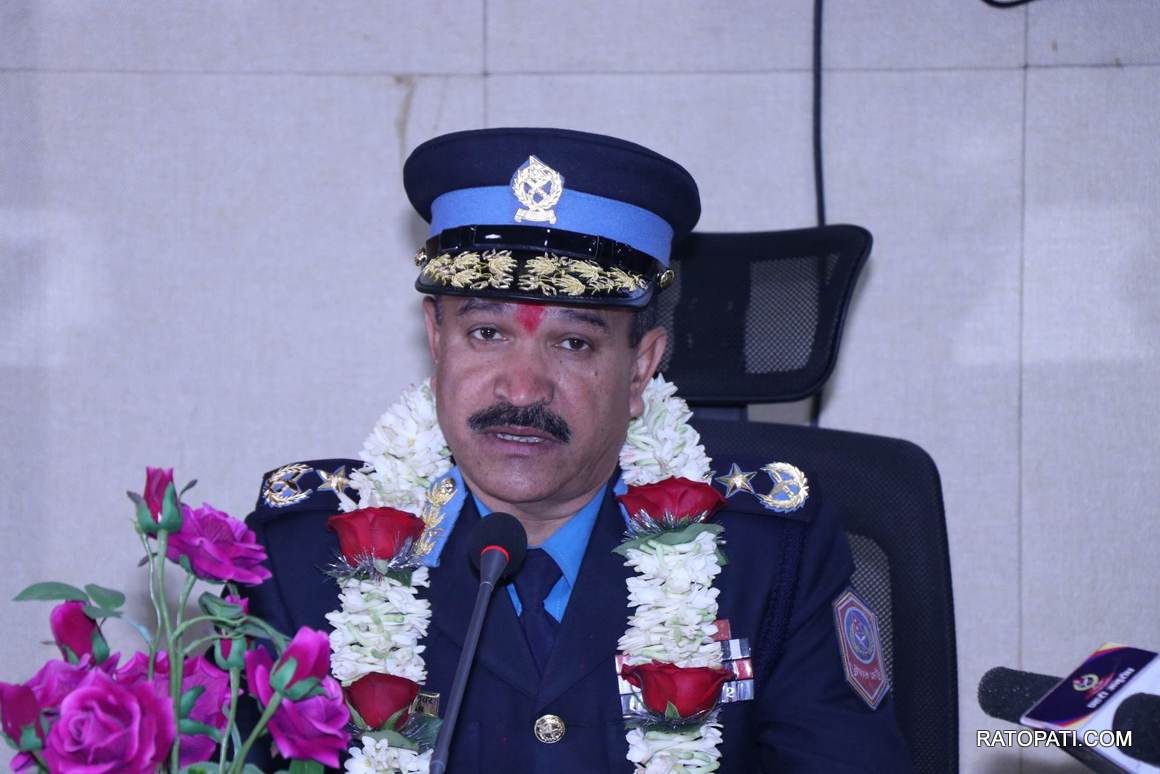

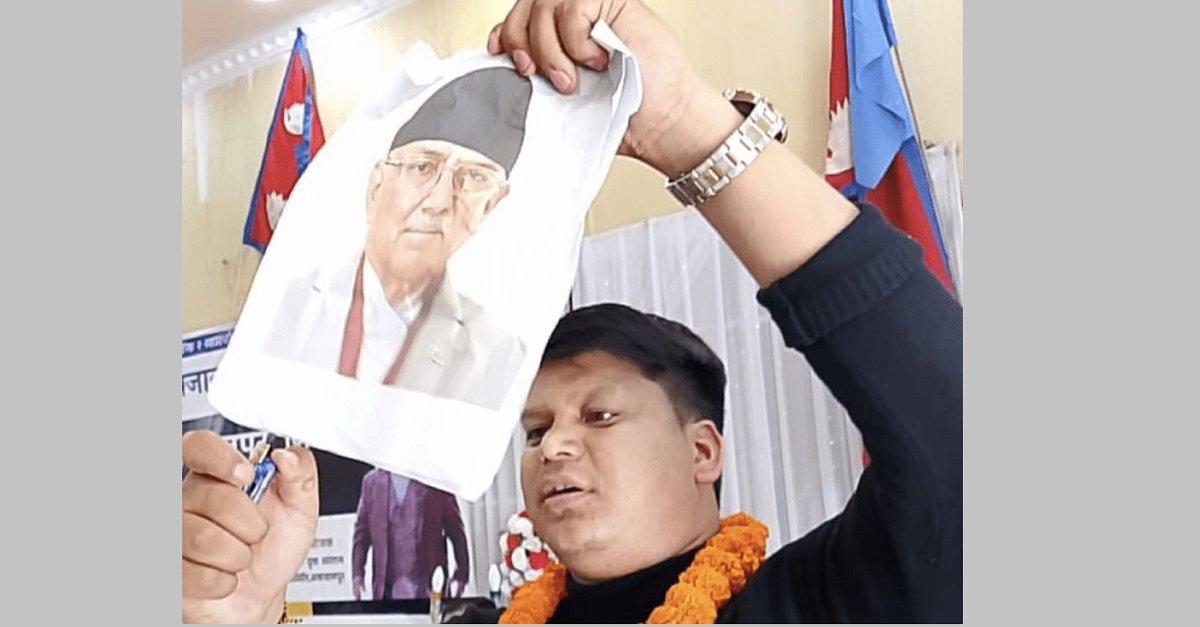
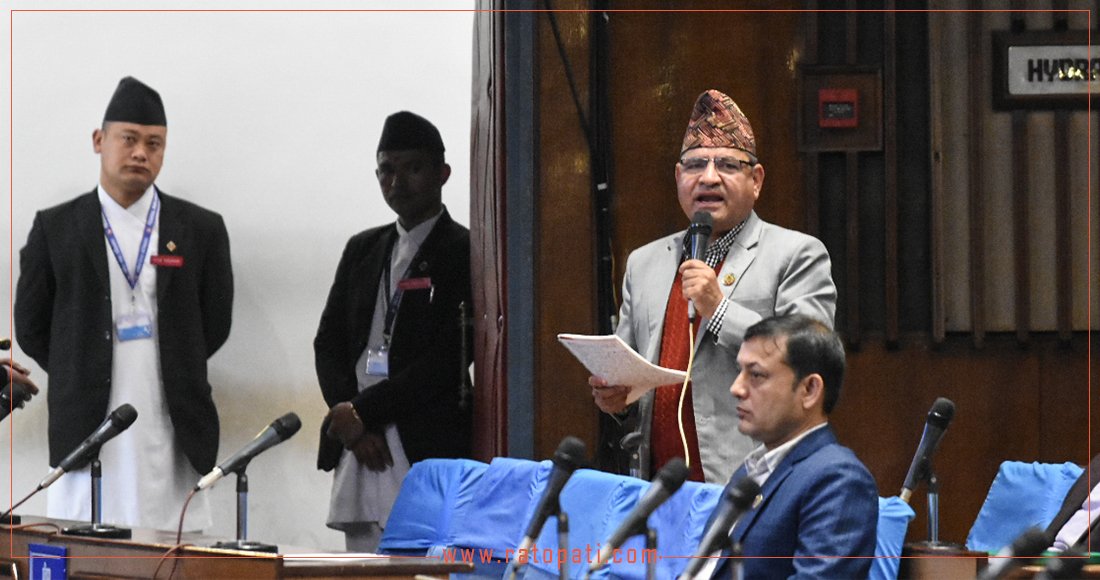
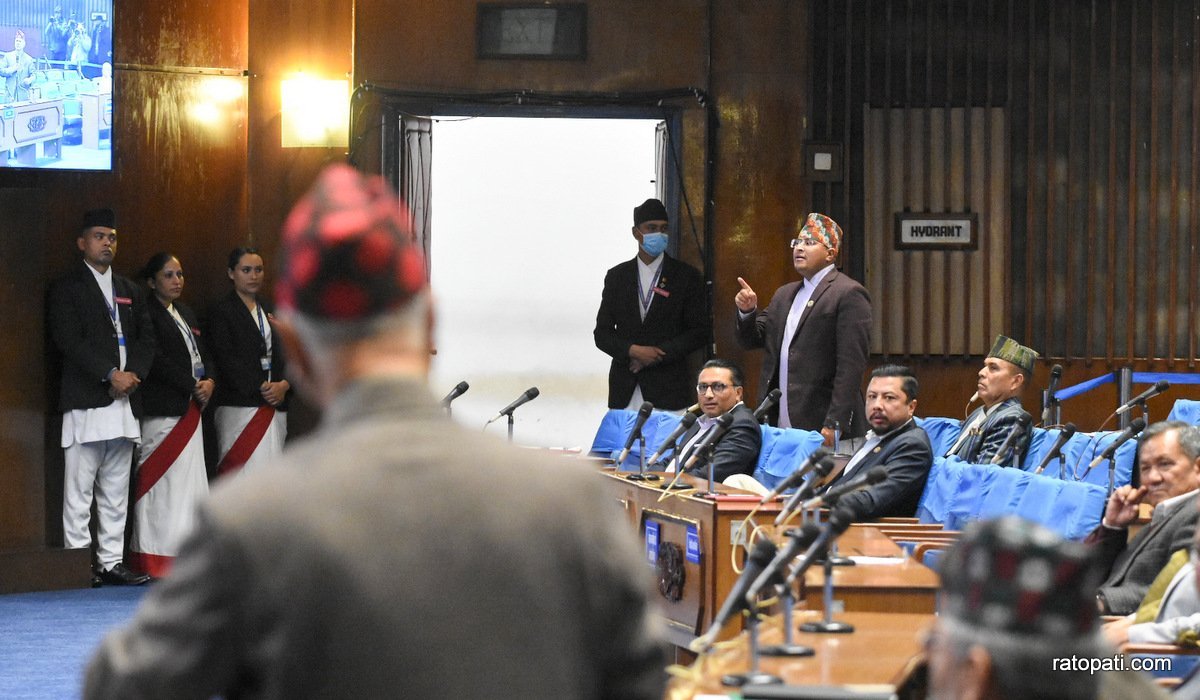
Leave Comment